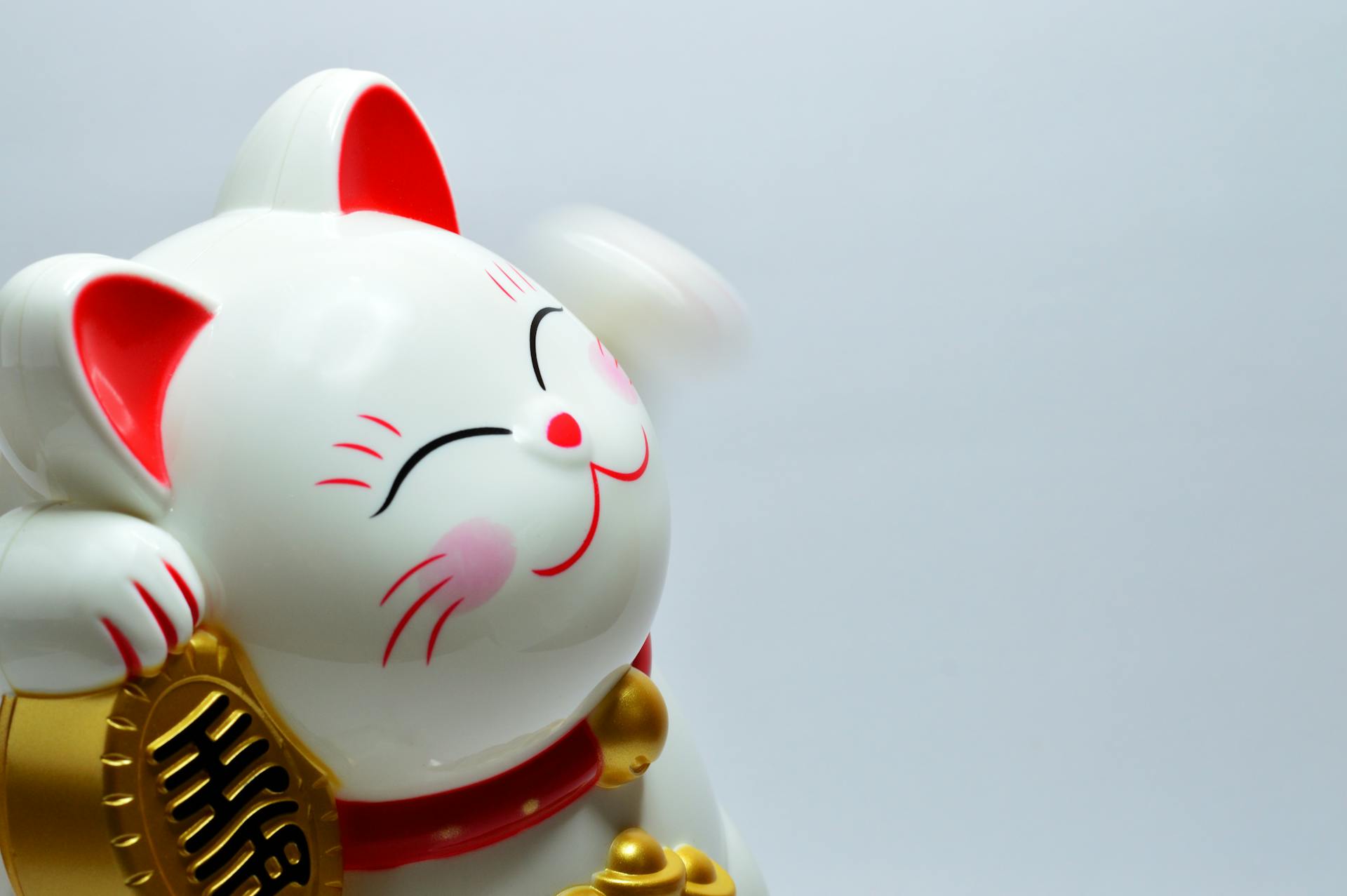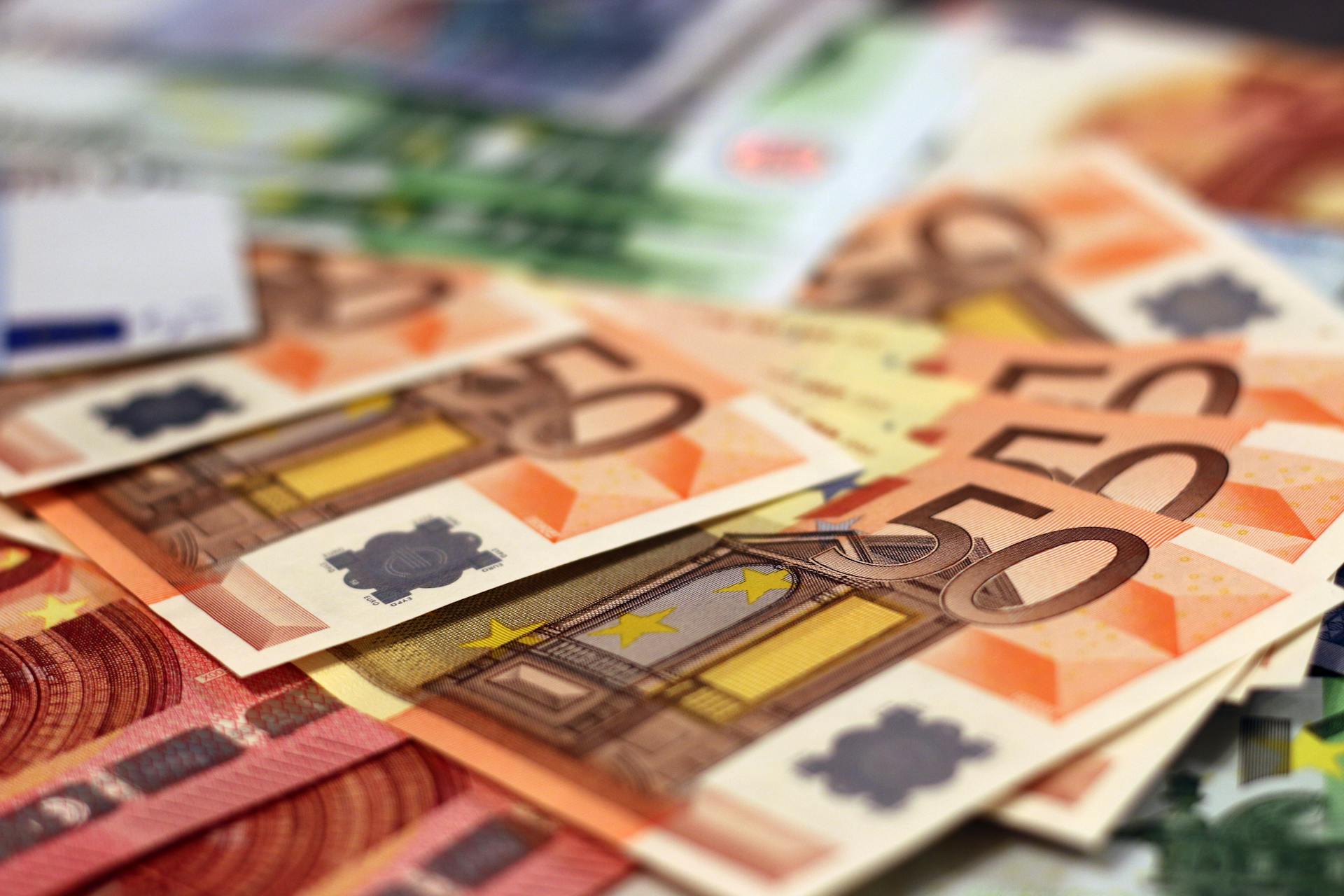
The Japanese yen has been steadily losing value against the US dollar over the past year, with a significant drop in recent months. This decline has raised concerns about the currency's stability and potential impact on the global economy.
The yen's value has been affected by Japan's large trade deficit, which has led to a significant increase in imports and a decrease in exports. As a result, the country's currency has become less attractive to investors.
The Bank of Japan's monetary policy has also played a role in the yen's decline, as the central bank's efforts to stimulate economic growth have led to a decrease in the currency's value. This has made it more expensive for Japanese companies to import goods and services.
The yen's slide has significant implications for Japan's economy, as it makes imports more expensive and can lead to higher inflation.
Why the Yen is Weak
The yen's weakness can be attributed to several factors, but one major reason is that many of Japan's once-stellar industries are losing their ability to compete unless they drastically lower export prices.
Japan's automakers make 80% of their overseas sales by producing overseas rather than exporting from Japan, which means a bigger drop in the yen's value is needed to boost exports.
The real effective value of the yen is 40% below its average purchasing power over the 1970-2024 period, which means Japan can only buy 40% as much oil, wheat, or TVs as it could in the past.
Japan ran a trade deficit in ten of the last thirteen years, despite the cheap yen, because its products are no longer as innovative and of high quality as they once were.
The gap between American and Japanese interest rates is a major factor shaping the value of the yen, with a bigger rate gap causing investors to move money from Japan to the US and sell yen, lowering its value.
In the last three years, the ups and downs of the interest rate gap can explain about 94% of the ups and downs of the ¥/$ value.
A relatively small surprise in interest rate expectations can create big and abrupt shifts in financial markets, as seen recently when investors' expectations of interest rate cuts were upended by stubborn US inflation.
Current Economic Situation
The current economic situation is quite concerning, with the Japanese yen in danger. The yen's value has been declining rapidly, making imports more expensive and affecting the country's economy.
The Bank of Japan's (BOJ) decision to keep interest rates low has led to a surge in borrowing costs, making it harder for consumers and businesses to access credit. This has resulted in a significant increase in household debt.
The country's trade deficit has been widening, with the yen's value making imports more expensive. This has put pressure on the government to implement policies to address the issue.
Slow Economic Corrosion
In the current economic situation, a slow economic corrosion is evident. This is largely due to stagnant wages, which have been barely keeping pace with inflation.
The average household income has not increased significantly, with many families struggling to make ends meet. This has led to a decrease in consumer spending, which is a major driver of economic growth.
Consumer debt has also increased, with many individuals relying on credit to make purchases. This can create a vicious cycle of debt, making it difficult for people to get back on their feet.
The lack of economic mobility is a major concern, with many people feeling trapped in their current financial situation. This can lead to a sense of hopelessness and disengagement from the economy.
The slow economic corrosion is also reflected in the decline of small businesses, which are often the backbone of local economies. Many small businesses are struggling to stay afloat due to increased competition and lack of access to capital.
No Free Fall
The yen's value has been experiencing a lot of volatility lately, with recent spikes not being as dramatic as some previous ones in 2022 and early 2023.
Even at ¥160/$, the yen's value is in line with economic fundamentals, such as the productivity of Japan's exporters compared to those elsewhere.
The chart shows that the yen's value has risen or fallen during successive 20-day trading periods, with the recent spike being much lower than previous ones.
The countries that have fallen victim to currency runs, like the Asia currency crisis of 1998 or the Eurodebt crisis of 2010, had run year after year of current account deficits and were big international debtors.
The Finance Ministry's inaction at a ¥/$ exchange rate of ¥155 suggests that the "red line" for intervention may be higher than expected, making the yen's recent spike less of a cause for concern.
Discussion
Japanese households are net importers, which means they rely heavily on imported goods.
Many people in Japan struggle to make ends meet, especially those who get paid in JPY, as their salaries have been static for years.
The Bank of Japan (BOJ) is hesitant to raise interest rates due to Japan's high debt.
The value of the yen is closely tied to the actions of the Federal Reserve (FED), specifically its interest rate decisions.
The FED's decision to cut interest rates could potentially halt the yen's fall.
In Japan, even simple pleasures like going out for coffee and a nosh have become more expensive due to price hikes.
Domestically grown agricultural produce is also affected, with prices rising due to imported inputs like petroleum for transport and distribution.
Some people are finding ways to cope, like sending care packages to friends and family in areas like Tokyo, where produce prices are particularly severe.
Sources
- https://richardkatz.substack.com/p/dont-panic-about-a-yen-free-fall
- https://toyokeizai.net/articles/-/751753
- https://m.economictimes.com/markets/cryptocurrency/is-japanese-yen-a-canary-in-the-coalmine-what-it-means-for-bitcoin/articleshow/109909985.cms
- https://english.kyodonews.net/news/2024/04/4579cff61c94-focus-with-or-without-official-word-on-intervention-weak-yen-may-persist.html
- https://www.staradvertiser.com/2024/06/25/breaking-news/dollar-tempered-by-threat-of-japan-intervention-yen-fragile/
Featured Images: pexels.com


